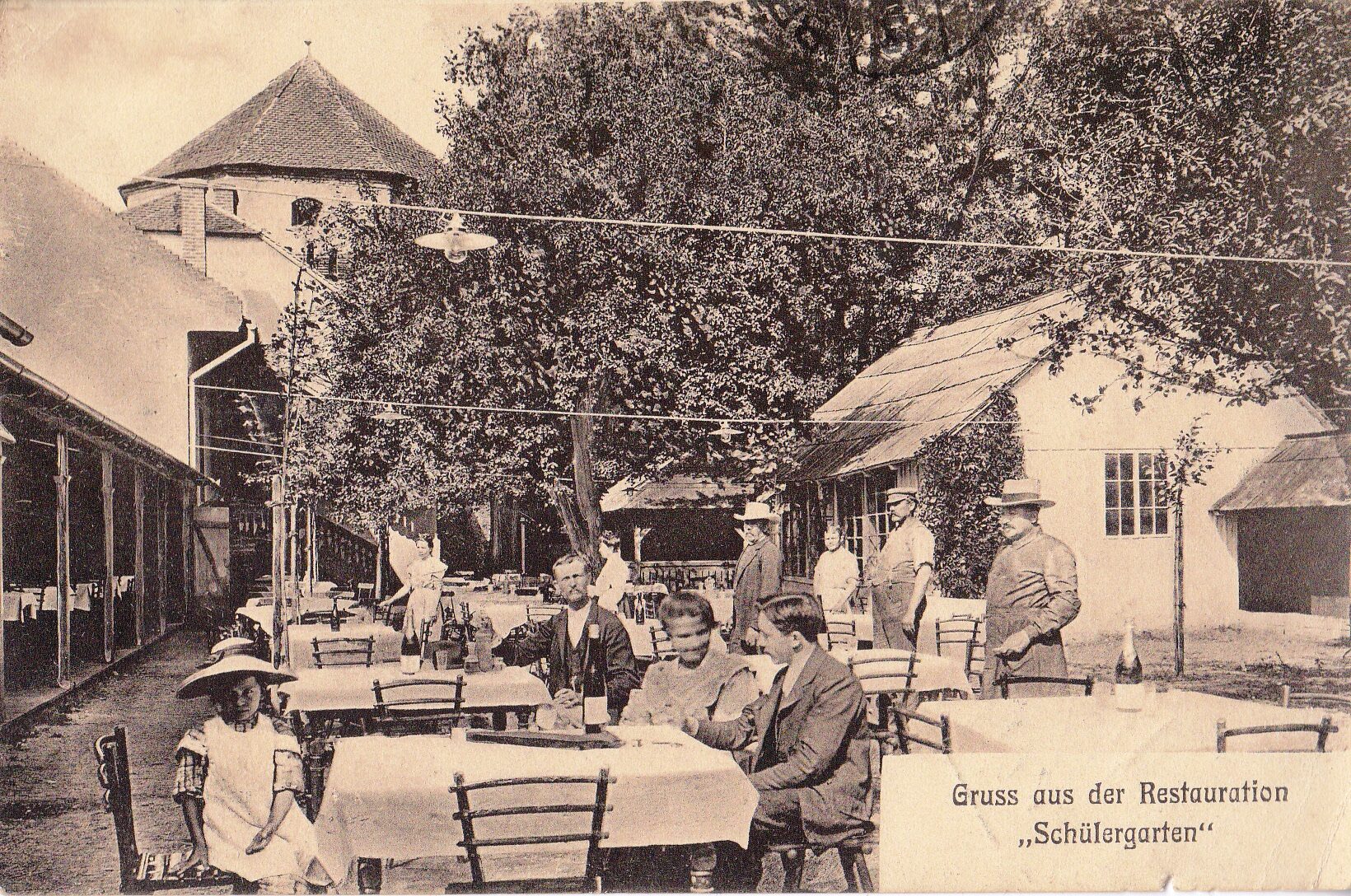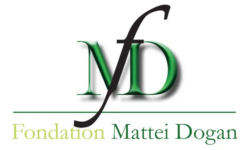Spaces of Negotiation in Post-imperial Orders (Day 1)

Event: International Conference
Location: NEC conference room & Zoom
5 May 2025, 9.45-18.00 (Bucharest time)
6 May 2025, 10.00-18.00 (Bucharest time)
Conveners:
Wiktor MARZEC, Mattei Dogan Fellow and Daniela STANCIU-PĂSCĂRIȚA, Ștefan Odobleja Fellow
Participants:
Constantin ARDELEANU, David BORCHIN, Daniela DETEȘAN, Gábor EGRY, Ioana FLOREA, Edina GÁL, Marian HARIUC, Natalija JAKUBOVA, Patryk KRUPIŃSKI, Loránd MÁDLY, Silvia MARTON, Wiktor MARZEC, Luka NAKHUTSRISHVILI, Metin OMER, Aleksandra POMIECKO, Zhanna POPOVA, Vlad POPOVICI, Stephan RINDLISBACHER, Dan-Alexandru SĂVOAIA, Daniela-Maria STANCIU-PĂSCĂRIȚA, Naum TRAJANOVSKI, Raluca-Maria TRIFA
Join Zoom Meeting (Recurrent link)
https://us02web.zoom.us/j/85476496382?pwd=4Nqga9TansaIDufbuBroV9nQ4QcaZS.1
Meeting ID: 854 7649 6382
Passcode: 563349
PROGRAM
Monday, 5 May 2025
09:45 – 10:30 Opening Remarks
Introductory words by a representative of the Mattei Dogan Foundation
Wiktor MARZEC
Daniela-Maria STANCIU-PĂSCĂRIȚA
10:30 – 12:30 Panel 1: Everyday Culture
Chair and Commentator: Gábor EGRY
Ioana FLOREA
The Role of Leisure and Gymnastics in the Cultural Assertion of the Bucharest Germans within the Romanian Majority Society, using the Example of the Singing Club Liedertafel and the Bucharest Gymnastics Association
Natalija JAKUBOVA
Hugo von Hofmannsthal´s Idea of the Salzburg Festival as a Place of Negotiation of the Post-imperial Austrianness
Loránd MÁDLY
The Collapse of the ‘Old Order’ of the Habsburg Monarchy and the Challenges of Creating New Realities
12:30 – 13:30 Lunch Break
13:30 – 16:00 Panel 2: Labour Institutions
Chair and Commentator: Wiktor MARZEC
Raluca-Maria TRIFA
From Leisure to Solidarity: The Evolution of Workers’ Halls in the Austro-Hungarian Empire and Beyond
Patryk KRUPIŃSKI
Polish Workers Councils (1918-1919): Post-imperial Space of Negotiation Between National, Democratic and Social Demands
Dan-Alexandru SĂVOAIA
Romanian Labour Chambers: Sites of Competing Visions over Professional Representation in the 1930s
Zhanna POPOVA
Negotiating on the Shop Floor? Polish Labour Inspectors and Workers in the Interwar
16:00 – 16:30 Coffee Break
16:30 – 18:00 Keynote Lecture
Gábor EGRY
The Portrait of a Negotiator in his Many Favorite Spaces: Imre Forbáth’s Interwar Biography and the Afterlife of Austria-Hungary
(See abstract at the end of this program for further details.)
*
Tuesday, 6 May 2025
Chair and Commentator: Daniela-Maria STANCIU-PĂSCĂRIȚA
Edina GÁL
Records from the Scene: The Expropriation of the Theresianum Roman Catholic Orphanage in Sibiu
David BORCHIN
Representational Space and Germanness. The Role of the German House in Timişoara’s Political Landscape
Daniela DETEȘAN
Spaces of Sociability and Associative Commitment in Săliște (1878-1918)
12:00 – 13:00 Lunch Break
13:00 – 15:30 Panel 4: People
Chair and Commentator: Silvia MARTON
Naum TRAJANOVSKI
Integrating-cum-Educating: The Double Life of the Interwar Faculty of Philosophy in Skopje
Vlad POPOVICI
Political Networks in Transylvanian Financial and Economic Institutions in the 1920s
Metin OMER
Defining the Terms of Integration: Congresses and Gatherings of the Muslims in Interwar Romania
Marian HARIUC
“Cultural” Inspectors in Post-imperial Transition: Mechanisms of School Authority in Bukovina during the First Interwar Decade
15:30 – 16:00 Coffee Break
16:00 – 18:00 Panel 5: Post-imperial Disentanglement
Chair and Commentator: Constantin ARDELEANU
Aleksandra POMIECKO
Between Soviet, National, and Urban Spaces: Belarusians in Post-Imperial Worlds
Luka NAKHUTSRISHVILI
Revolutionary Sovereignty: Negotiating the Sources of Legitimacy in Menshevik Georgia
Stephan RINDLISBACHER
How to Separate Entangled Communities? The Making of Soviet Kyrgyzstan after 1924
18:00 Concluding Remarks
*
Keynote Lecture:
Gábor EGRY, Institute of Political History, Budapest / Fellow at the Wissenschaftskolleg zu Berlin
The Portrait of a Negotiator in his Many Favorite Spaces: Imre Forbáth’s Interwar Biography and the Afterlife of Austria-Hungary
The Jewish architect and urban planner, Imre Forbáth returned from Russian/Soviet captivity to Hungary in 1918. For his progressist political views and alleged involvement in the Aster Revolution and the Hungarian Soviet Republic he faced restrictions on working as an architect after the counterrevolution. The Hungarian owners of the Dicsőszentmárton (Târnaveni) based Nitrogen factory, strategic asset facing notification in Romania, delegated Forbáth as the company’s general director in January 1921, when Forbáth travelled to Târnaveni with a Czechoslovak passport.
Hence, for the next two decades, a good part of Forbáth’s life was dedicated to the management of this business, handling subsequent notification plans of the changing Romanian governments or litigating expropriation efforts – without ever closing the process. He visited the factory and Bucharest frequently, talked to politicians, bureaucrats, middlemen, Romanian businessmen – and with time fostered very amicable personal relationships. But he also evaluated patents, planned the reconstruction of factory workshops, housing for workers, entertained local politicians and engaged with the state’s more fearsome representatives. In turn, as the manager of a chemical factory of European significance, he attended European business meetings in Rome, Paris, Berlin, Amsterdam, London and negotiated cartel agreements – while he kept his base of life firmly in Budapest where his family lived.
He could never leave architecture and urban planning behind, winning prizes with his submission for the urban redesign of Novi Sad, Bratislava, Belgrade. When he hailed Bucharest as a positive example of urban modernity, a Hungarian nationalist intellectual chastised him in an open letter for spreading the false idea that Romania could be more developed than Hungary. As a lover of culture, he attended opera and theater performances, read literature in the local languages – and noted his thoughts about those works diligently.
All details of his life were meticulously registered in his diaries, a unique source that enables us to reconstruct where he travelled, where he stayed, whom he met, what they talked of and what kind of leisure he had. Forbáth palpably reveled in his role as a negotiator whose task was to traverse the defunct empire and keep intact a small piece of it. Throughout his adventures he negotiated business and political relations, the place of the company in the small Târnaveni world, the position of its employees, and also many private affairs and professional relationships, to help situate the company and himself within the new realities.
During the interwar, while moving within bourgeois Europe, Forbáth traversed so many smaller distinct spaces where people and institutions interacted and set the terms of their relationship after empires that simply following his journey gives almost a complete tableau of such spaces. In this talk I will use Forbáth’s diary as a guide to shed light on this complexity, and as an inspiration to think about those small spaces where he acted: what exactly is the relationship between a given space and the negotiating of social relations? How can we reconsider the state as a space in light of the many smaller ones within?
*
Participants:
Constantin ARDELEANU, New Europe College / Institute for South-East European Studies, Bucharest
David BORCHIN, “Lucian Blaga” University, Sibiu
Daniela DETEȘAN, “George Barițiu” Institute of History, Cluj-Napoca
Gábor EGRY, Institute of Political History, Budapest / Fellow at the Wissenschaftskolleg zu Berlin / NEC Alumnus
Ioana FLOREA, Babeș-Bolyai University, Cluj-Napoca
Edina GÁL, “Robert Zajonc” Institute for Social Studies, University of Warsaw
Marian HARIUC, “A.D. Xenopol” Institute of History, Iași
Natalija JAKUBOVA, Institute for Theatre and Film, Slovak Academy of Sciences, Bratislava
Patryk KRUPIŃSKI, “Tadeusz Manteuffel” Institute of History, Polish Academy of Science, Warsaw
Loránd MÁDLY, “George Barițiu” Institute of History, Cluj-Napoca
Silvia MARTON, New Europe College / University of Bucharest
Wiktor MARZEC, Mattei Dogan Fellow at NEC / “Robert Zajonc” Institute for Social Studies, University of Warsaw
Luka NAKHUTSRISHVILI, Institute for Social and Cultural Research, Ilia State University, Tbilisi
Metin OMER, Ștefan Odobleja Fellow, “Ovidius” University, Constanța / Institute for South-East European Studies, Bucharest
Aleksandra POMIECKO, King’s College London
Zhanna POPOVA, Central European University
Vlad POPOVICI, Babeș-Bolyai University, Cluj-Napoca
Stephan RINDLISBACHER, Viadrina Center of Polish and Ukrainian Studies at the European University Viadrina in Frankfurt (Oder)
Dan-Alexandru SĂVOAIA, NEC Alumnus / Faculty of History, “Alexandru Ioan Cuza” University of Iași
Daniela-Maria STANCIU-PĂSCĂRIȚA, Ștefan Odobleja Fellow at NEC / “Lucian Blaga” University, Sibiu
Naum TRAJANOVSKI, “Robert Zajonc” Institute for Social Studies, University of Warsaw
Raluca-Maria TRIFA, Ștefan Odobleja Fellow, “Ion Mincu” University of Architecture and Urbanism, Bucharest
This international conference is organized within the Mattei Dogan Fellowship Program at New Europe College.
